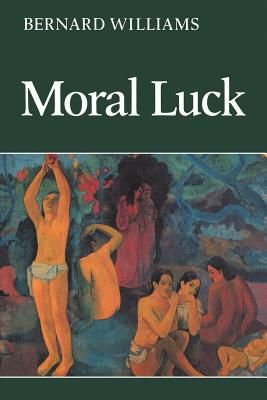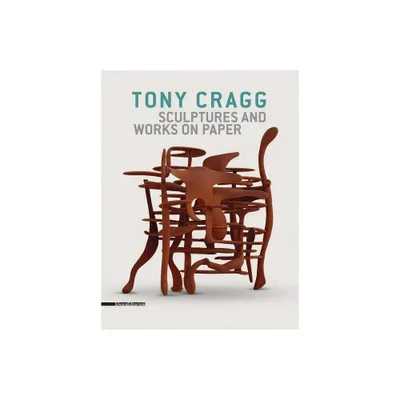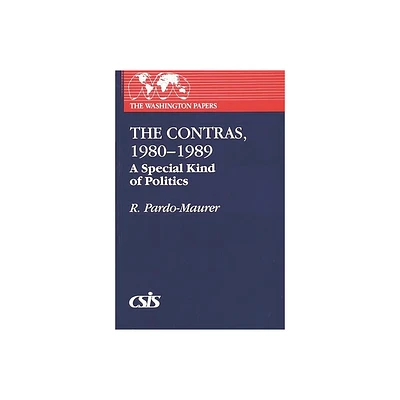Home
Works on Paper: 1980-1986
Loading Inventory...
Barnes and Noble
Works on Paper: 1980-1986
Current price: $17.95


Barnes and Noble
Works on Paper: 1980-1986
Current price: $17.95
Loading Inventory...
Size: OS
*Product Information may vary - to confirm product availability, pricing, and additional information please contact Barnes and Noble
During the past several years, Eliot Weinberger’s inventive prose has earned him a reputation as a candid social observer and penetrating essayist.
Works on Paper
is the first collection of his writings, twenty-one pieces that juxtapose the world as it is and the world as it is imagined-by artists, poets, historical figures, and ordinary people. “Inventions of Asia,” the first section, deals primarily with how the West reinvents the East (and how the East invents itself): images of India circa 1492 (where Columbus thought he was going); Christian missionaries in sixteenth-century China; Bombay prostitutes as seen by a New York photojournalist; Tibetan theocracy transplanted to the Rockies; a Confucian bureaucrat’s address to crocodiles; the shifting iconography of the “tyger”; looking for an answer to an ancient Chinese poem of questions; how the children of Mao have reinvented Imagism; Kampuchea Under Pol Pot. “Extensions of Poetry” explores the ways in which the world affects the imaginations of individual poets (George Oppen, Langston Hughes, Charles Reznikoff, Octavio Paz, Clayton Eshleman) and indeed entire movements, leading at times to unexpected incarnations and transformations. Weinberger ponders such strange conjunctions as Whittaker Chambers and Objectivism, anti-Semitism among American Modernists, bourgeois poets––present-day wards of the academy and the state––confronting the issues of peace, American foreign policy, and The Bomb.
Works on Paper
is the first collection of his writings, twenty-one pieces that juxtapose the world as it is and the world as it is imagined-by artists, poets, historical figures, and ordinary people. “Inventions of Asia,” the first section, deals primarily with how the West reinvents the East (and how the East invents itself): images of India circa 1492 (where Columbus thought he was going); Christian missionaries in sixteenth-century China; Bombay prostitutes as seen by a New York photojournalist; Tibetan theocracy transplanted to the Rockies; a Confucian bureaucrat’s address to crocodiles; the shifting iconography of the “tyger”; looking for an answer to an ancient Chinese poem of questions; how the children of Mao have reinvented Imagism; Kampuchea Under Pol Pot. “Extensions of Poetry” explores the ways in which the world affects the imaginations of individual poets (George Oppen, Langston Hughes, Charles Reznikoff, Octavio Paz, Clayton Eshleman) and indeed entire movements, leading at times to unexpected incarnations and transformations. Weinberger ponders such strange conjunctions as Whittaker Chambers and Objectivism, anti-Semitism among American Modernists, bourgeois poets––present-day wards of the academy and the state––confronting the issues of peace, American foreign policy, and The Bomb.


















